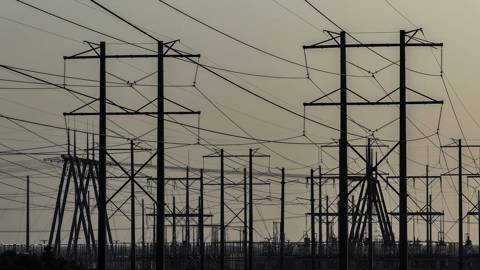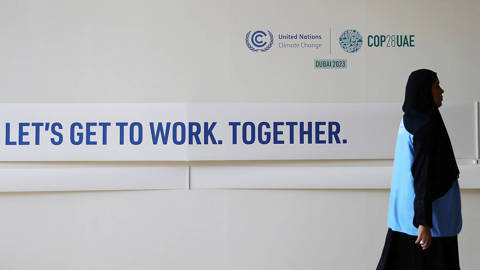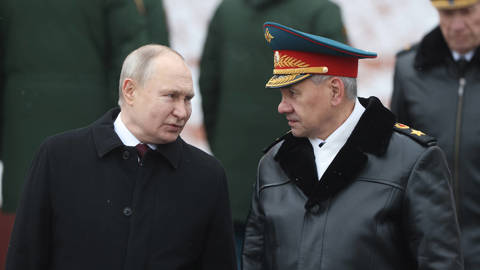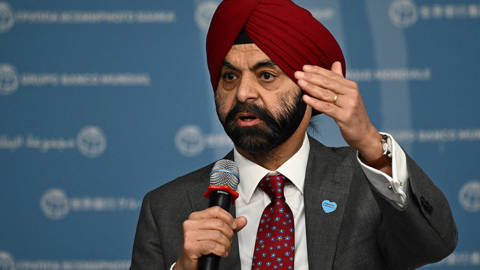Federica Mogherini
Federica Mogherini is a former high representative of the European Union for Foreign Affairs and Security Policy, Vice President of the European Commission, and Italian minister of foreign affairs and international cooperation.
-
Listening to the Pandemic
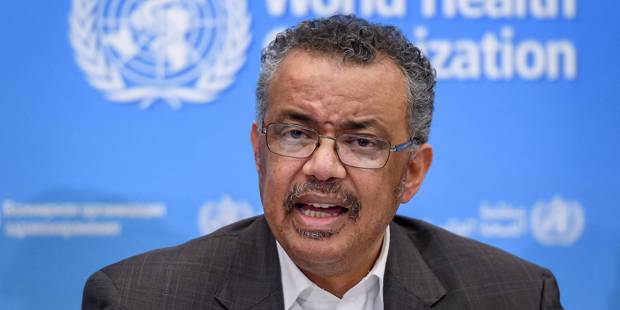
Listening to the Pandemic
Mar 17, 2020 Federica Mogherini marvels at how quickly COVID-19 has revealed the flaws of a seemingly inexorable global turn to nationalism.
-
Shaping Europe’s Present and Future
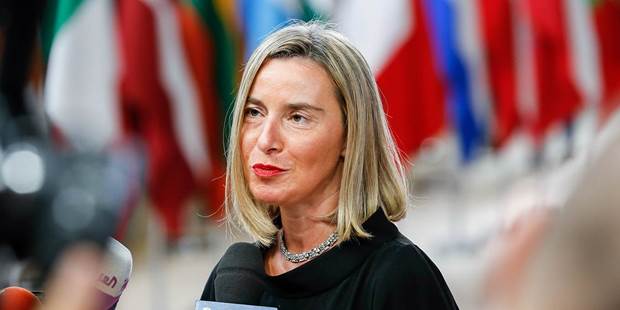
Shaping Europe’s Present and Future
Jan 8, 2019 Federica Mogherini explains the European Union’s approach to defense and security in today’s challenging global environment.
-
A Strategy to Unite and Safeguard Europe

A Strategy to Unite and Safeguard Europe
Jul 11, 2016 Federica Mogherini makes the case for strengthening the EU in the wake of Brexit.
